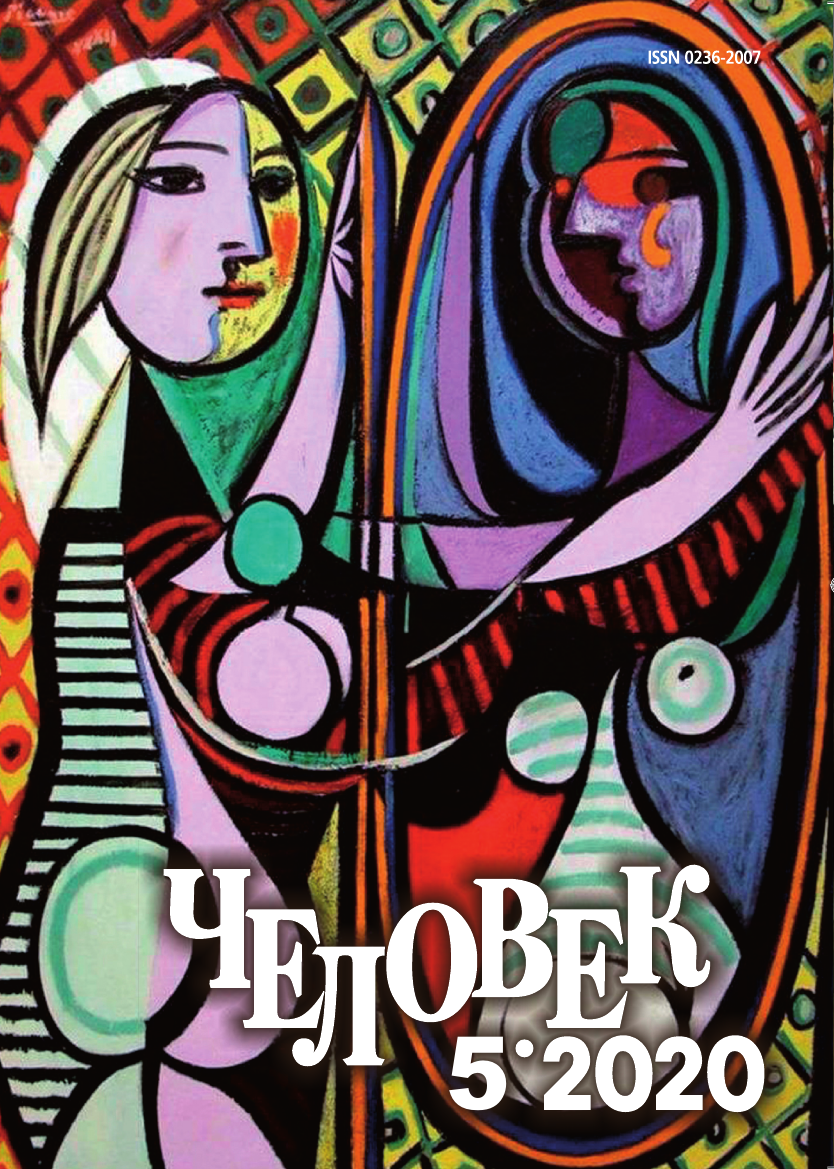The Concept of Natural Law in the Noble Discourse of the Enlightenment
Keywords:
natural right, natural law, natural man, Russia, the Enlightenment, nobilityAbstract
Political and legal theory of the Russian Enlightenment has recently become a subject of detailed investigations. Philosophers as well as intellectual historians do research in its different aspects. The topic is actualized by the aspiration to understand traditions of the Russian social thought, to see how social transformations were reflected in the logic of texts and contexts. Scholars’ approaches used here were mainly history of ideas and history of concepts. The paper considers natural law as one of the central concepts of social philosophy and political theory of the Enlightenment. The theory of natural law was the basis for social and political philosophy and the theoretical underpinning of important state documents. The paper deals with peculiarities of historical usage of concepts of “natural law”, “natural rights”, “natural man”, as well as the concept of “natural” as it was applied in non-political spheres. The research was based primarily on an analysis of the noble discourse. To clarify the case, it is presupposed that at that time there coexisted several types of mutually overlapping but incompatible discourses that belonged to different intellectual milieus — clerical, academic and noble. The nobility belonged to the ruling elite, so it was possible to transfer the ideas of noble ideologists into official documents and through state institutions into educational and academic structures. The paper illustrates how the radicalization of the concept of natural law led to its deletion from the academic practice by administrative prohibitions. The case of A.P. Kunitsyn, a teacher at the Imperial Tsarskoye Selo Lyceum, and repressions against his work “Natural Law” was studied as an example. The paper also studies the reception of natural-legal theory in the process of upbringing and education considering the importance of both institutional (through educational institutions) and non-institutional (through social practices of the nobility) intellectual reading, home education, educational travels, intellectual salons, etc.






